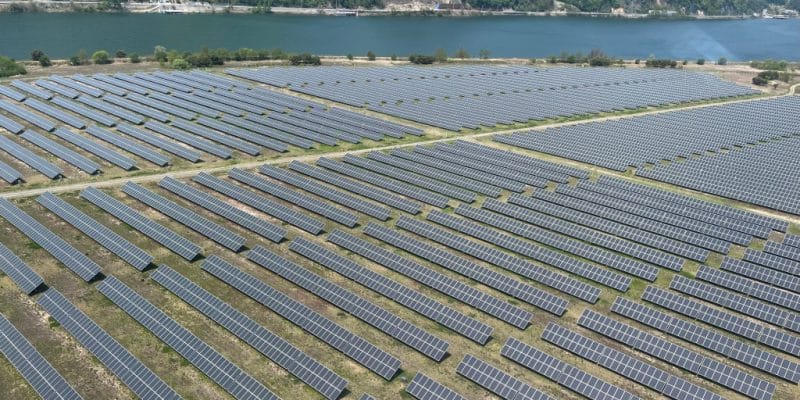GreenYellow, the subsidiary of the French Casino Group, has signed a partnership agreement with the Mauritius Commercial Bank (MCB). The partnership covers the financing of €7.5 million for the Arsenal solar photovoltaic power plant under construction near the capital Port Louis.
GreenYellow has found a partner for the development of its Arsenal solar project in Mauritius. The Mauritius Commercial Bank (MCB) is providing 350 million Mauritian rupees (€7.5 million) in financing. Through this financing, the MCB wants to contribute to the implementation of the Mauritian authorities’ policy to reduce the dependence of this Indian Ocean Island on fossil fuels.
“The financing of this new facility marks our ambition to support the government’s objectives in producing clean, local, and affordable energy. This funding is in line with our sustainability strategy, ‘Success Beyond Numbers’. We want, more than ever, to be a major player in the country’s energy transition,” says Alain Law Min, MCB’s Managing Director.
Read also- MAURITIUS: CEB launches tenders for 140 MW of solar energy with storage
The Arsenal solar power plant, the construction of which was announced a few months ago by GreenYellow, is located about ten kilometers north of the capital Port Louis. As part of the partnership signed with the Central Electricity Board (CEB), the entity that manages electricity in Mauritius, the renewable energy producer is counting on a 13.86 MWp plant, which is an estimated annual power of 20 GWh.
According to GreenYellow, the Arsenal solar plant will be able to supply 4,500 Mauritian households with electricity, while reducing emissions by 13,000 tonnes of CO2 equivalent per year. The solar farm, which is expected to enter commercial operation during 2023, will help diversify Mauritius’ electricity mix. Currently, the country located off the East African coast has an installed capacity of 876 MW, of which 498 MW is produced by the CEB and the rest by independent power producers (IPPs). Most of the electricity consumed in Mauritius is generated by oil and coal-fired power plants according to the CEB. The country also has hydroelectric facilities capable of producing 60 MW, or 4% of its electricity mix.
Jean Marie Takouleu







